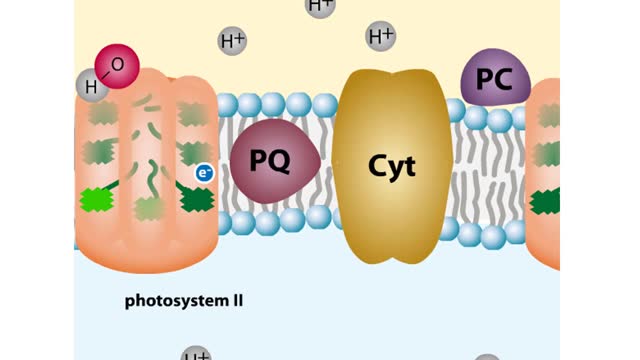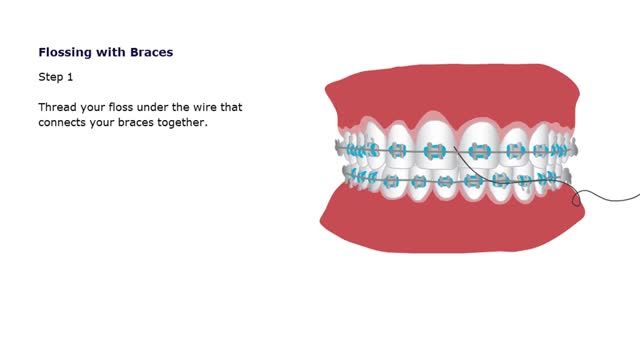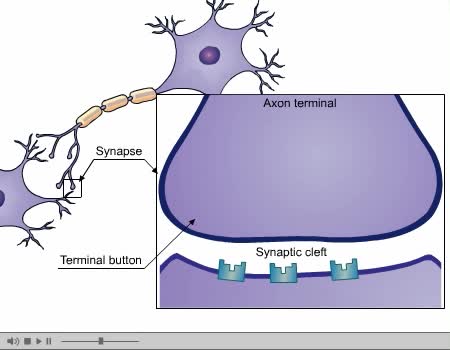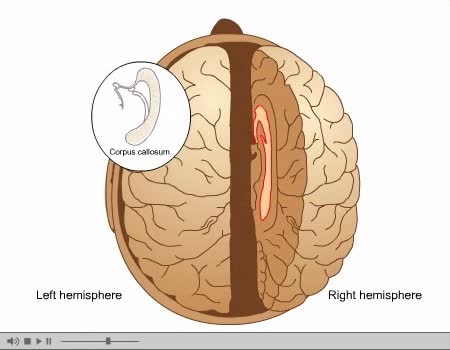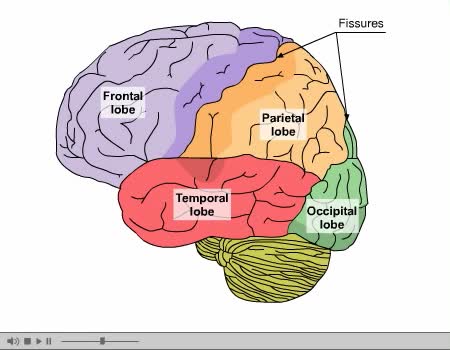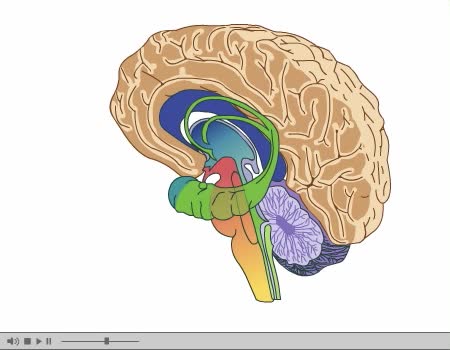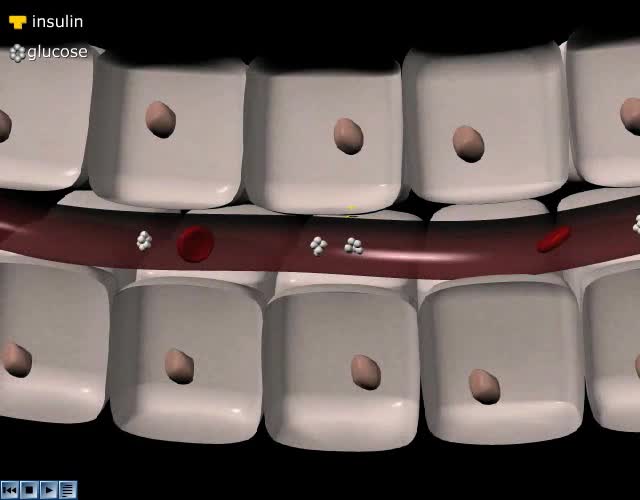Search Results
Results for: 'Metaphase I ANIMATION'
What are the Parts of a Plant Cell?
By: HWC, Views: 10752
Every chloroplast in a plant cell is packed with stacks of flattened sacs called thylakoids. The thylakoid membranes contain chlorophyll, as well as most of the other components required for the light reactions of photosynthesis. The chlorophyll-containing structures within the membranes are c...
Oral Hygiene & Braces Animation
By: HWC, Views: 11174
Caring for Your Retainer Retainers, just like your teeth collect plaque, bacteria and food particles. You should clean your retainer everyday! Keep your retainer soaking when it is not in your mouth. Use a mouthwash rinse to freshen it up and keep it free of bacteria. Keep your retainer away fr...
By: Administrator, Views: 15331
Dendrites (from Greek δένδρον déndron, "tree"), also dendrons, are branched protoplasmic extensions of a nerve cell that propagate the electrochemical stimulation received from other neural cells to the cell body, or soma, of the neuron from which the dendrites project. Electrical stimula...
Brain Anatomy Animation (Part 1 of 2)
By: Administrator, Views: 15195
The human brain is the central organ of the human nervous system, and with the spinal cord makes up the central nervous system. The brain consists of the cerebrum, the brainstem and the cerebellum. It controls most of the activities of the body, processing, integrating, and coordinating the infor...
By: Administrator, Views: 15927
The brain’s cerebral cortex is the outermost layer that gives the brain its characteristic wrinkly appearance. The cerebral cortex is divided lengthways into two cerebral hemispheres connected by the corpus callosum. Traditionally, each of the hemispheres has been divided into four lobes: front...
Brain Anatomy Animation (Part 2 of 2)
By: Administrator, Views: 16096
Its nervous tissue consists of millions of nerve cells and fibers. It is the largest mass of nervous tissue in the body. The brain is enclosed by three membranes known collectively as the meninges: dura mater arachnoid pia mater The major structures are the: cerebrum cerebellum dienc...
By: Administrator, Views: 16420
Hyperglycemia means high (hyper) glucose (gly) in the blood (emia). Your body needs glucose to properly function. Your cells rely on glucose for energy. Hyperglycemia is a defining characteristic of diabetes—when the blood glucose level is too high because the body isn't properly using or doesn...
Advertisement



